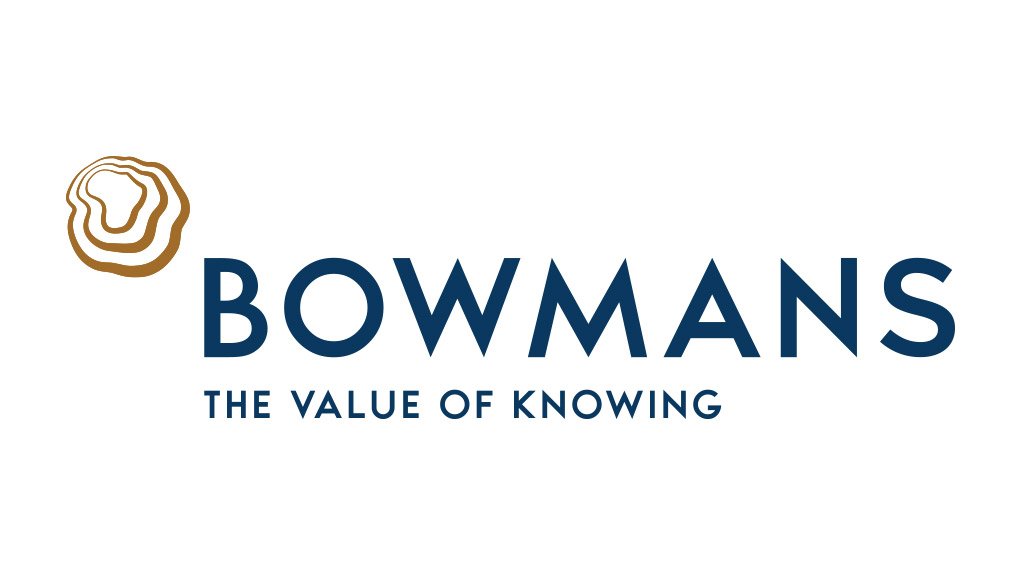On 10 September 2024, the Labour Appeal Court (LAC) delivered a significant judgment in the case of National Union of Metalworkers of South Africa obo Members v SAA Technical SOC Ltd. The crux of the case was the interpretation of section 189A(7)(b)(ii) of the Labour Relations Act, 1995 (LRA), specifically whether conciliation is required before referring a dispute about the substantive fairness of dismissals to the Labour Court after facilitated consultations in large-scale retrenchments.
In terms of section 189A(7)(b)(ii), where a facilitator is appointed and 60 days have elapsed from the date the section 189(3) notice is issued, a registered trade union or the employees who have received notice of termination of their employment may ‘refer a dispute concerning whether there is a fair reason for the dismissal to the Labour Court in terms of section 191(11)’.
The proper interpretation of this section has been the subject of some controversy over the years, with some authority indicating that a referral to conciliation was unnecessary, given that the parties would have already had the benefit of the facilitation process.
On the strength of this authority, following the conclusion of a facilitated consultation process, trade union, NUMSA, referred an unfair dismissal dispute on behalf of its members to the Labour Court for adjudication without first referring the matter for conciliation. SAA Technical challenged this, arguing that on a proper reading of the relevant provisions, a referral to conciliation was required and, on this basis, the Labour Court lacked jurisdiction to entertain the claim.
Labour Court’s findings
The Labour Court examined several sections of the LRA and upheld SAA Technical’s argument, finding that:
- Section 191(1) prescribes that a referral to conciliation is the first step in resolving unfair dismissal disputes. If conciliation fails, section 191(5) allows for arbitration or referral to the Labour Court, depending on the nature of the dismissal.
- Section 191(5)(b) permits employees to refer disputes to the Labour Court for adjudication where the reason for dismissal was based on an ‘employer’s operational requirements’. The LRA does not differentiate between section 189 and section 189A (ie large-scale) retrenchments as reasons for dismissal for purposes of a referral for adjudication, nor does it provide separate dispensations.
- The common law presumes that statutes do not contain invalid or purposeless provisions. Section 189A(7)(b)(ii) makes specific reference to section 191(11). The legislature intended to provide that the referral to the Labour Court had to be made in compliance with section 191(11). This section prescribes a period of 90 days to refer the dispute to the Labour Court, and provides for this referral to be made after the Commission for Conciliation, Mediation or Arbitration or bargaining council has certified that the dispute remains unresolved. If the legislature had intended to permit a direct referral to the Labour Court following a facilitation process, it would not have referenced section 191(11).
- Facilitation and conciliation are distinct processes. Facilitation occurs pre-dismissal and focuses on compliance with section 189(3), while conciliation happens post-dismissal and addresses the fairness of the dismissal with a view to resolving the dismissal dispute. A fresh cause of action arises post-dismissal, necessitating conciliation.
The Court concluded that a referral to conciliation is necessary following facilitation before approaching the Labour Court for adjudication.
LAC’s agreement
The LAC agreed with the Labour Court’s interpretation, emphasising the general principle that ‘all that comes before the Labour Court about unfair dismissal must pass first through the portal of conciliation’. The Court held that, where this norm is not to apply, the statute ought to unambiguously and unequivocally say so.
As for the contradictory case law, the LAC rejected the interpretations of the law in these cases. It further confirmed that neither the decisions in National Union of Metalworkers of SA on behalf of Members v Bell Equipment Co SA (Pty) Ltd nor Edcon v Steenkamp and others were binding upon it. The Bell Equipment case, which NUMSA had relied on, was a Labour Court decision, and the relevant statement by the LAC in Edcon supporting NUMSA’s position was clearly obiter.
Key takeaway
The LAC’s decision clarifies that, notwithstanding the facilitation process, a referral to conciliation is a necessary step before challenging the substantive fairness of retrenchments in the Labour Court in terms of section 189A(7)(b)(ii) of the LRA.
Written by Chloë Loubser, Knowledge and Learning Lawyer: Employment and Data Protection, Bowmans South Africa
EMAIL THIS ARTICLE SAVE THIS ARTICLE ARTICLE ENQUIRY
To subscribe email subscriptions@creamermedia.co.za or click here
To advertise email advertising@creamermedia.co.za or click here











